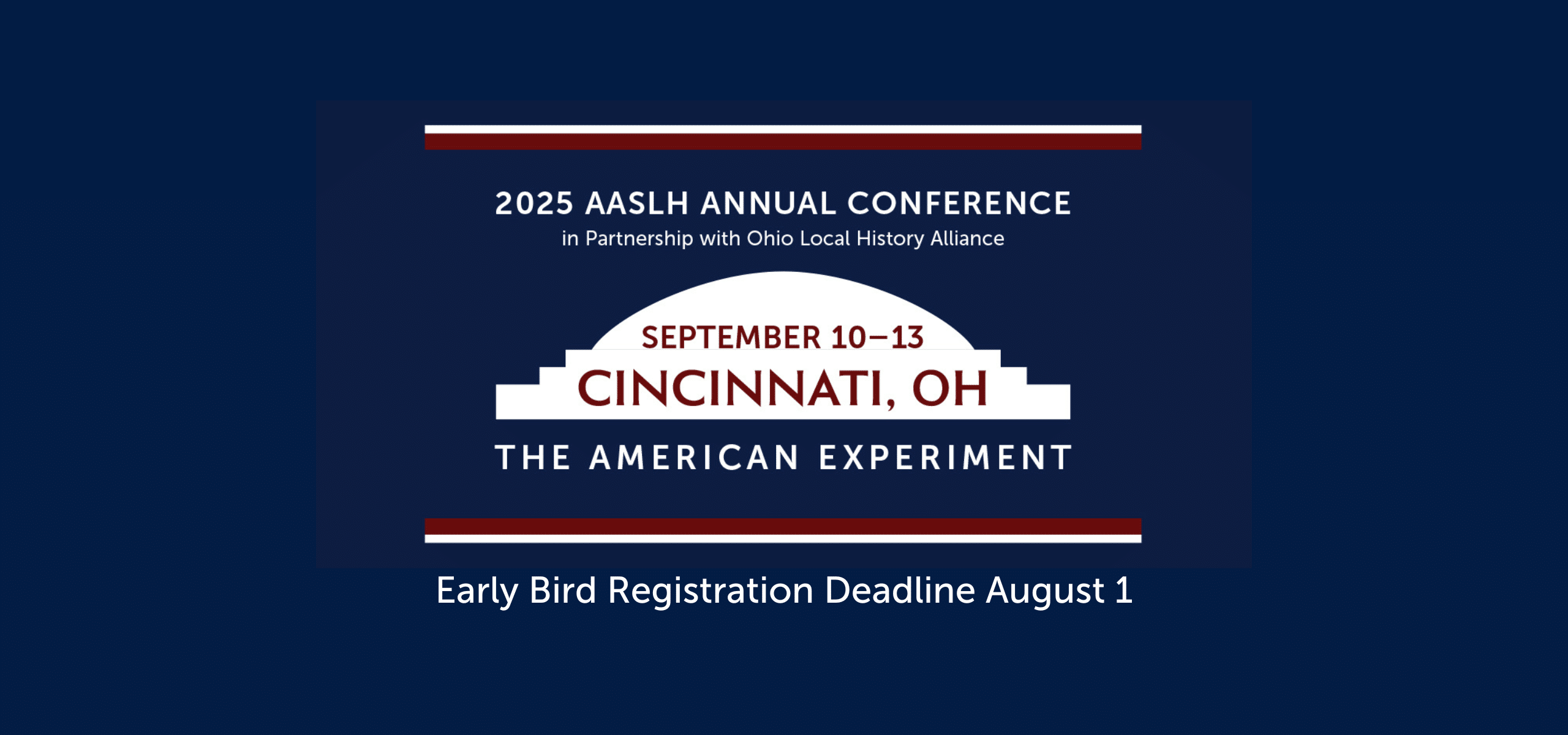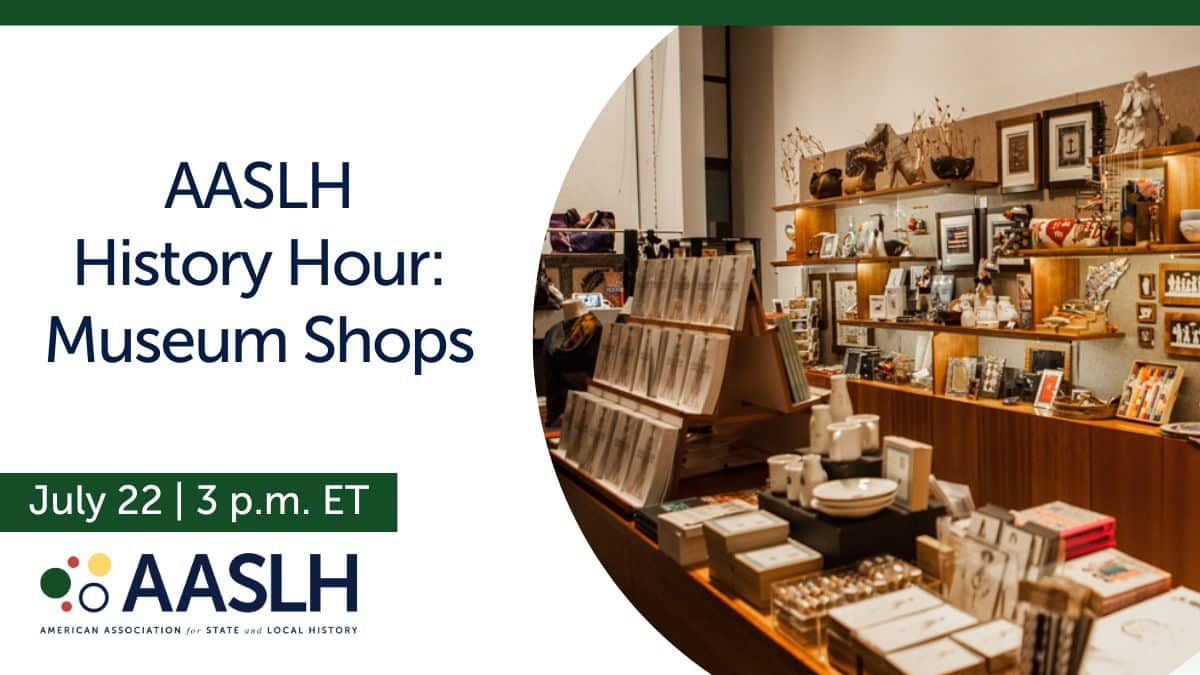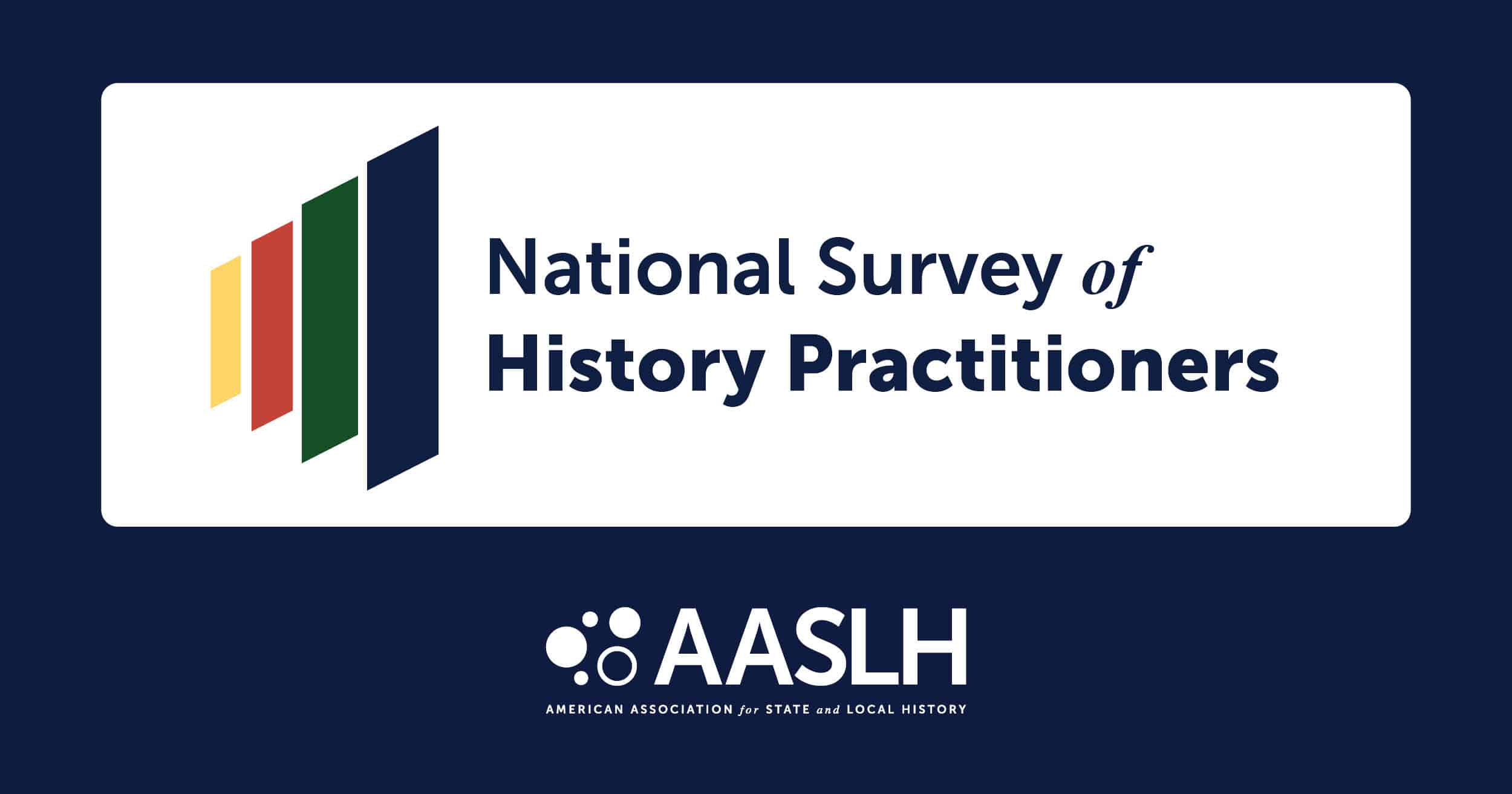 The key reason we named our original Educators and Interpreters blog “Arrrrducation”* was because, as a whole, museum educators love to beg, borrow and steal good ideas. Well, it’s not quite stealing, since we are also prone to share, share, share! I love this so much about our community. We are creative thinkers whose love for sharing good ideas predates the term “open-source” by, well, a lot.
The key reason we named our original Educators and Interpreters blog “Arrrrducation”* was because, as a whole, museum educators love to beg, borrow and steal good ideas. Well, it’s not quite stealing, since we are also prone to share, share, share! I love this so much about our community. We are creative thinkers whose love for sharing good ideas predates the term “open-source” by, well, a lot.
My case in point: AASLH Technical Leaflets. Since the 1960s, museum professionals have been sharing their expertise through these clear and succinct how-to guides. I have found them immensely helpful in my career, and I thought I would write a post that pulls together all the technical leaflets related to museum education throughout AALSH history! (Ok, maybe not the whole history. I am specifically sharing the leaflets that YOU can check out and purchase directly from the AASLH website.)
You do not need to be an AASLH Institutional or Individual Member to view the list, but you save money if you are. (Not a member? Click HERE to join!) If you ever needed a reason to join, there it is!
Visit the Online Bookstore and browse Technical Leaflets or Search Interests and input Education, Interpretation (I’ve prepopulated a search on those terms for you). Most leaflets are available in hard copy or as a PDF download.
So, here they are, in numerical (and date, mostly) order from most recent to oldest.
- TL 262 – How to Plan and Implement Interpretation – June 2013
- TL 259 – Creating Intergenerational Oral History Opportunities – August 2012
- TL 255 – Interpreting Difficult Knowledge – Summer 2011
- TL254 – Designing Education Programs that Connect Students to Collections – Spring 2011
- TL 245 -Families First! Rethinking Exhibits to Engage All Ages – Winter 2009
- TL 239 – Courts in the Classroom: Educational Outreach Through the Web – October 2007
- TL 238 – Thinking Evaluatively: A Practical Guide to Integrating the Visitor Voice – August 2007
- TL 236 – From Levittown to Leave it to Beaver: Interpreting Mid-Twentieth Century Suburbia – May 2007
- TL 235 – Reaching Teachers: Marketing Museum Education in the Twenty-First Century – March 2007
- TL 231 – Proprietors of the Bat and the Ball: Interpreting the National Pastime and its Predecessor Games – August 2005
- TL 230 – Designing a Summer Teacher Institute – May 2005
- TL 227 – Theater 101 for Historical Interpretation – Summer 2004
- TL 222 – Telling the Story: Better Interpretation at Small Historical Organizations – 2003
- TL 204 – Charting the Impact of Museum Exhibitions and Programs – 1999
- TL 202 – Developing Effective Educational Programs – 1998
- TL 197 – Interpreting Foodways – 1997
- TL 194 – Historic Walking Tours – 1996
- TL 186 – Reaching Teachers: Helping Them Teach State and Local History – 1993
- TL 184 – Student Projects and Internships in a Museum Setting – 1993
- TL 146 – Planning and Connecting Successful Seminars and Workshops – 1983
- TL 125 – Training Docents: How to Talk to Visitors – 1980
- TL 123 – Using Oral History for a Family History Project – 1980
- TL 120 – Evaluating Historical Photographs – 1979
- TL 117 – Craft Festivals: A Planning Guide – 1979
- TL 105 – Historic Houses as Learning Laboratories – 1978
- TL 93 – Planning Museum Tours for School Groups – 1977
- TL 91 – Seven Ways to Look at an Artifact – 1976
- TL 65 – Volunteer Docent Programs: Programmatic Approach to Museum Interpretation – 1973
- TL 44 – Organizing a Junior Society – 1972
- TL 38 – History for Young People – 1966
- TL 32 – Historic Site Interpretation: The Human Approach – 1965
- TL 29 – Reaching Your Public: Turning Travelers into Visitors – 1965
- TL 25 – Planning Tours for Your Historical Society – 1965
- TL 19 – Historic Site Interpretation: The Student Field Trip – 1971
- TL 16 – School Loan Exhibits for the Local Historical Society – 1971
Recently, I found TL254 – Designing Education Programs that Connect Students to Collections to be particularly helpful to me. Our digital collection has just exceeded 20,000 items, and I was a bit baffled as to how I could get teachers and students to see it as a resource. This leaflet helped me develop the outcomes I wanted, and from there, the planning came together.
Have you found these, or any other technical leaflets to be helpful? Are there any that you find valuable that aren’t on my list? Add them in the comments section!
*We’ve since renamed our blog The Inkwell which is a bit less obtuse than our original, brilliant naming convention, don’t you think?



